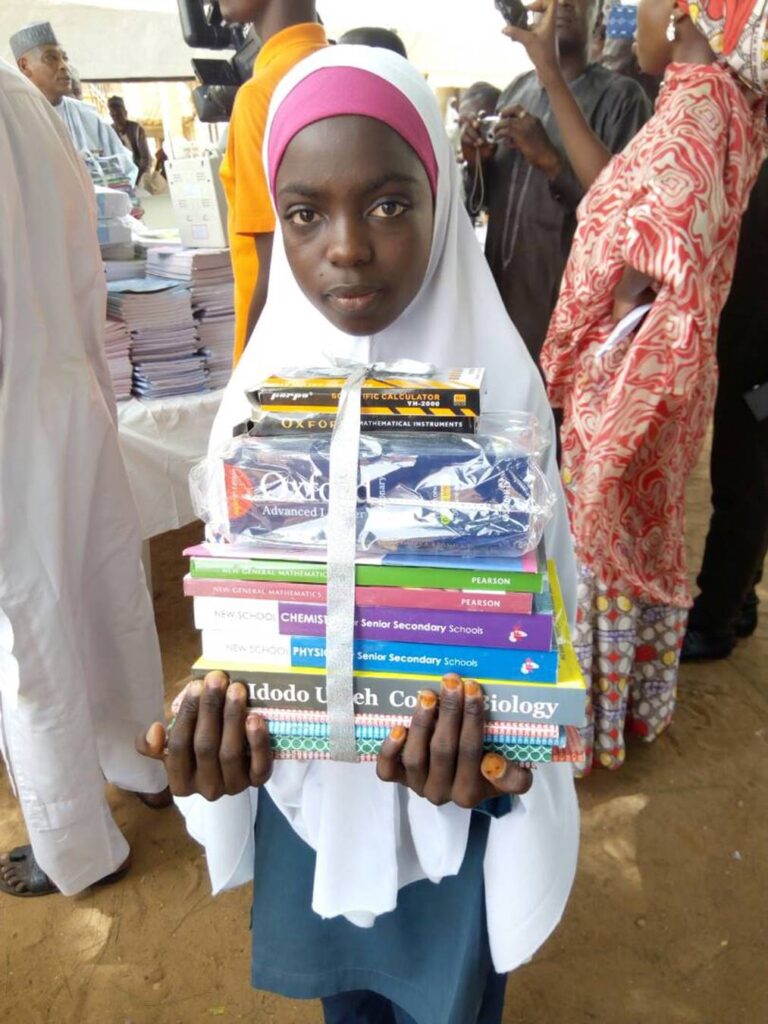Women and Girls Access to Quality Education Services

NANA believes the UN declaration that every child has a right to education, not only the right to education but equally important is her right to quality education. This is because education is more than just a right it is the root of a successful and productive life. Ajayi and Afolabi (2009:34-36) stated that education is largely perceived in Nigeria as an indispensable tool that will not only assist in meeting the nation’s social, political, moral, cultural, and economic aspirations but will also inculcate in the individual knowledge, skills, dexterity, character, and desirable values that will foster national development and self-actualization. Education trains an individual to be useful in society and to meet the needs of society for national development. Therefore without education, a nation cannot get the needed manpower for material advancement and enlightenment of the citizenry. The trained engineers, teachers, and medical doctors are all the products of education. This explains that the quality of a nation’s education determines the level of its national development. Consequently, the high number of out-of-school children is unacceptable to NANA. The situation is worst for the girls and henceforth the focus for NANA. NANA is also working on women’s sexual and reproductive health issues. With a specific focus on reducing the maternal mortality rate in Kebbi State. The project will campaign against maternal mortality by holding actors accountable for maternal death in the state, promoting women’s human right to life and dignity, as well as carrying out other intervention programs that will reduce maternal mortality in the state. Our primary target beneficiaries would be women and girls within productive age, and others would be stakeholders that will help promote women’s human right to life and dignity
- Institutional Systems Strengthening
- Increase the capacity of teaching towards improving learning outcomes.
- Ensuring women’s right to education by holding key actors accountable
- Improved women and girl’s access to basic education
